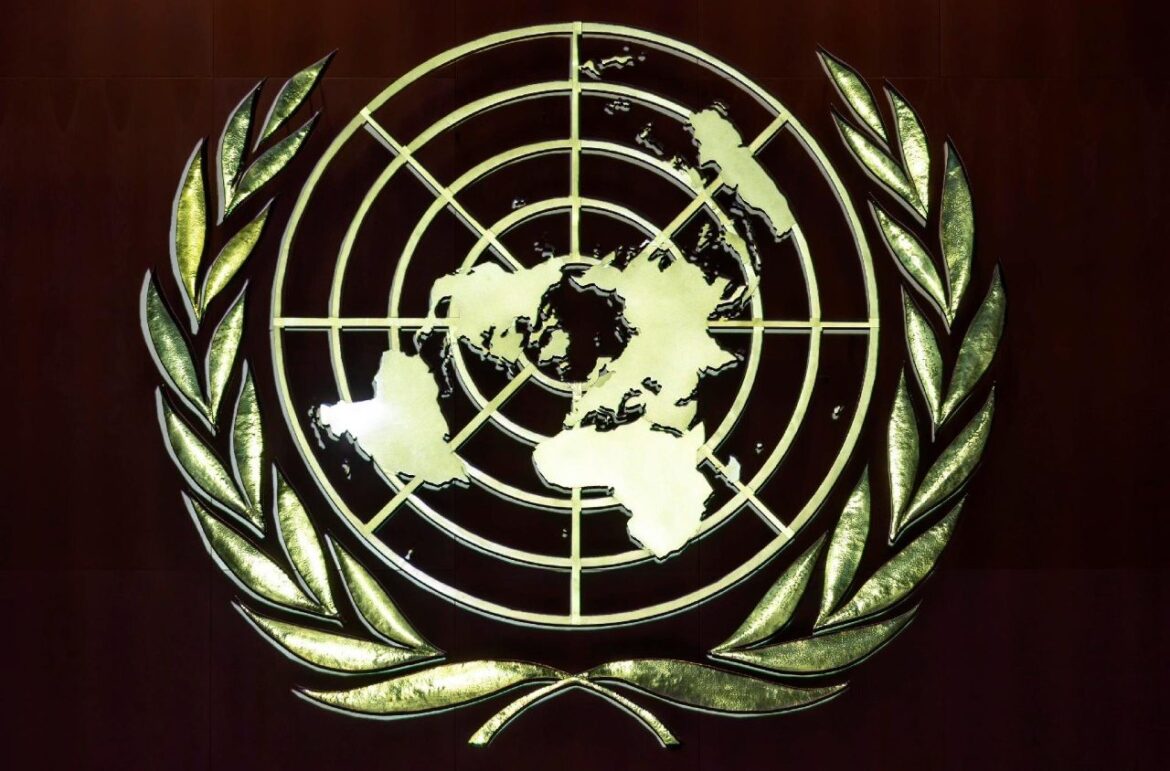
Monsignor Daniel Pacho, Under-Secretary for Multilateral Affairs at the Vatican Secretariat of State, speaks about the importance of confronting the development crisis at a Ministerial Conference of the United Nations Trade and Development (UNCTAD).
By Isabella H. de Carvalho
Monsignor Daniel Pacho, Under-Secretary for Multilateral Affairs at the Secretariat of State, encouraged the international community to work together to overcome the development crisis facing the world today and turn it into “an opportunity to build a more fraternal and sustainable future.” His appeal came in a statement on Tuesday, October 21, at the XVI Ministerial Conference of the United Nations Trade and Development (UNCTAD) in Geneva, focusing on the theme “Shaping the Future: Driving Economic Transformation for Equitable, Inclusive and Sustainable Development.”
“When development loses sight of the human person, it inevitably descends into crisis. The international community is currently facing precisely such a crisis: growth without equity, progress without inclusion, and wealth without true prosperity,” he said.
“Development cannot be reduced to mere figures and indicators” as it is, above all, “about people”, whose dignity needs to be upheld, “especially those living in poverty and in dire need”. Citing Pope Leo XIV, Msgr. Pacho underlined how the international community needs to “be increasingly committed to resolving the structural causes of poverty”.
Some key areas for development
The Vatican official highlighted certain key areas that the Holy See wanted to draw attention to in the “common commitment to advancing authentic integral development”. For example, he said that “openness to life and respect for its sacredness are at the centre of true development”.
“Another important condition,” he continued “is religious freedom”. He emphasized how religious extremism can affect freedom of religion, but “intentionally spreading religious indifference or practical atheism by countries” can also hinder human development.
The financial tools and the debt crisis
Msgr. Pacho then underscored how the development crisis has affected “the very structures intended to promote” it, including “the existing international financial architecture, which too often struggles to address the current challenges.”
Additionally, he said that the debt crisis hinders “sustainable development” as it traps “developing countries in poverty”. The under-secretary described as “unacceptable” that “interest payments are outpacing critical public expenditure”. Loans, originally intended for growth, have become in many cases “a stifling burden that drains hope from future generations,” he insisted.
Msgr. Pacho also mentioned the “ecological debt” that “stems from commercial imbalances that degrade the environment, as well as from the disproportionate use of natural resources, by certain countries, over long periods of time.” He reminded that in this Jubilee Year the Holy See has called states to forgive the debts of countries unable to repay them.
The issue of artificial intelligence
Another key area highlighted by Msgr. Pacho, as affecting the development crisis, is “the rapid rise of artificial intelligence”. “While AI has the potential to advance sustainable development, it also requires responsibility, discernment, ethical management and regulatory frameworks centred on the human person,” he emphasized. Its employment, he added, cannot “allow automatism and simulation” to replace human dignity.
Promoting hope in the world
In his speech, Msgr. Pacho also reflected on the theme of the conference, which he described as an essential “response of hope” – characterised by “moral courage and the decision to take a different direction” – in order to face the “current crisis” of the “multilateral system”.
For the Holy See, he said the words “future,” “transformation,” and “development”, all in the theme of the conference, embody this spirit of hope, as they encourage the states across the world to build a better world, address global inequalities and continue to strive for authentic human flourishing.
“This means development that puts the human person at its center, respecting his or her God-given dignity, and advances the common good by integrating the economic, social, cultural, moral, and spiritual dimensions of well-being,” he said.
In this perspective, he added, “the work of UNCTAD, through its three pillars, stands as a beacon of hope: hope that solidarity and responsibility may transform the future, and that every person, especially the poorest, may take part in a development that is just, integral, and truly human”.

